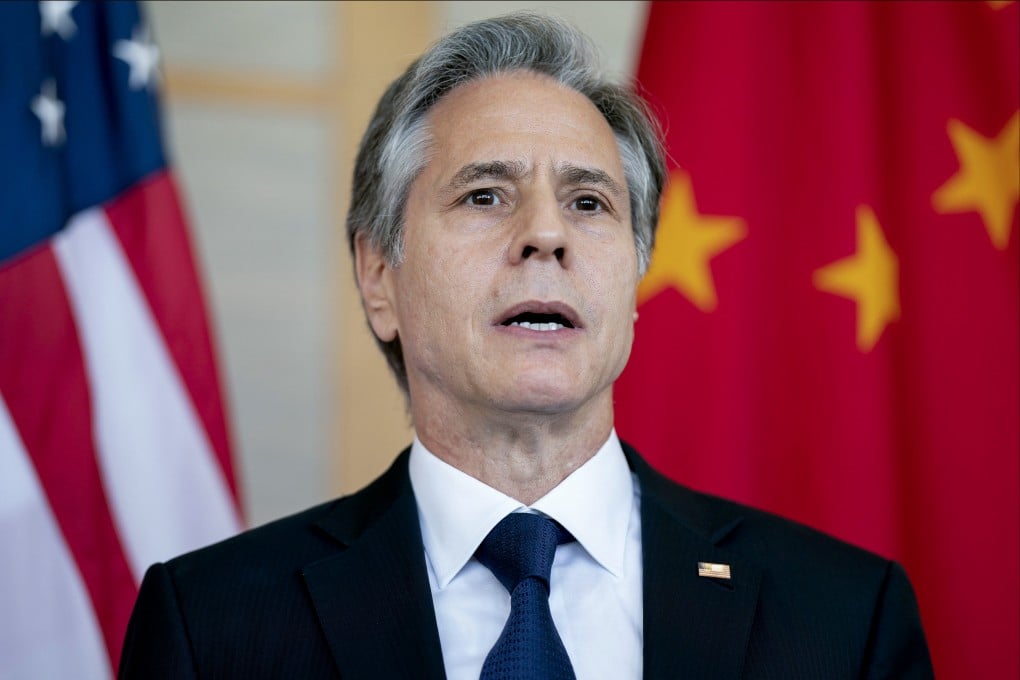US tipped to reschedule Blinken’s China trip once balloon turbulence dies down: analysts
- Both countries are keen to keep up high-level dialogue to manage their differences, observers say
- China’s top diplomat calls for calm and to avoid speculation

US Secretary of State Antony Blinken may not wait long to visit China, with both Beijing and Washington to look for a chance to reschedule once tension over a suspected surveillance balloon eases, according to analysts.
US President Joe Biden had told reporters earlier on Saturday that “we’re going to take care of it,” when asked about the balloon.
Without referring directly to the balloon, the Chinese foreign ministry said that in a phone call on Friday Wang, a member of the Communist Party’s Politburo, and Blinken discussed how to handle the “accidental incident” in a calm and professional manner.
“China is a responsible country and has always strictly abided by international law. We do not accept any groundless speculation and hype,” the ministry quoted Wang as saying.
“In the face of unexpected situations, what both parties need to do is to maintain concentration, communicate in a timely manner, avoid misjudgments, and manage and control differences.”